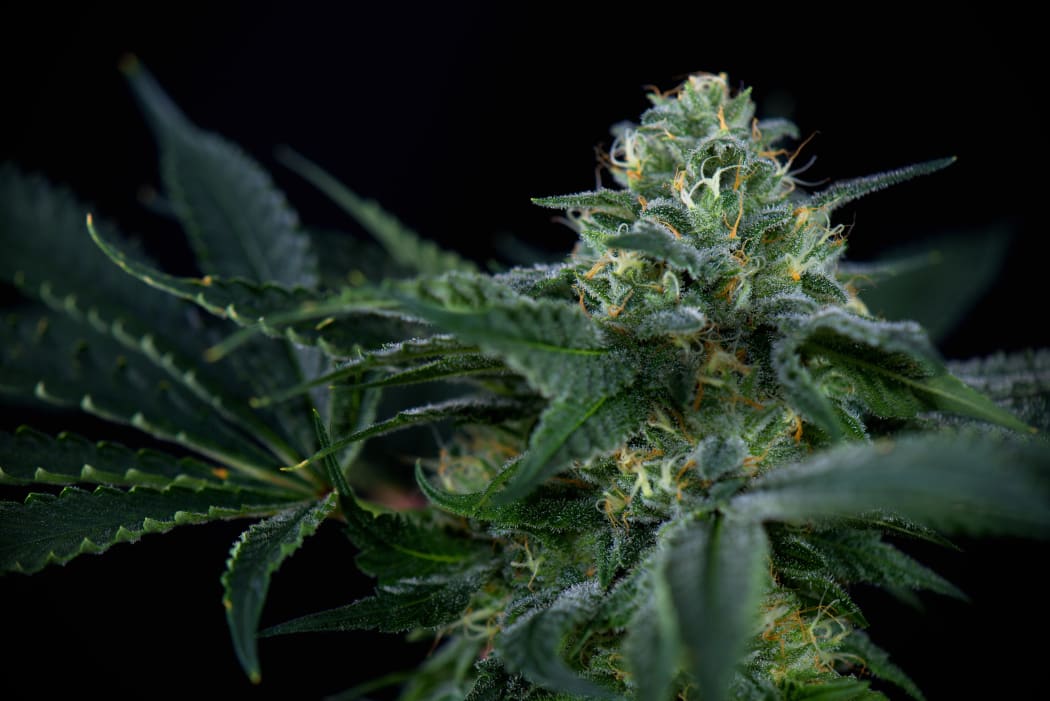A survey of Māori shows three quarters would support the legalisation of cannabis for person use.

The majority of Māori supported the legalisation of cannabis in a research poll. Photo: 123rf
A Horizon Research poll for Three's The Hui programme found 75 percent of 620 Māori surveyed would vote for legalising cannabis, if a referendum was held tomorrow.
Just 14 percent voted against legalising for person use and 11 percent were unsure.
The survey also found Māori under 55 years of age were more in favour of legalisation than those 55 years or older.
Drugs Foundation chair Tuari Potiki said today's results puncture the belief this is solely a white, middle class issue.
Mr Potiki said cannabis was a totally unregulated market, harming whanau.
"We want to see the toughest regulation possible to add an element of control to a market that's out of control," he said.
"Three times more money and resourcing goes into police, customs and correction than providing treatment, so we want to see that resource shifted."
Māori were being disproportionately harmed by current legislation and the survey results showed Māori want change, Mr Potiki said.
"Because there's a a criminal justice approach to dealing with cannabis use, that means our whanau or more likely to end up being arrested, charged, convicted and sentenced than others, unfortunately the law isn't applied equally," he said.
These sentiments were reiterated by Green MP Chlöe Swarbrick.
"What I do know are the facts about the disproportionate impact of those negative stats around cannabis prohibition and also the fact that if we are to move toward that health base model, we do have a opportunity to right wrongs," she said.
Of those surveyed, 78 percent were in favour of seeing legislation first before the referendum.
"That's demonstrative... of the maturity of discussion we've so far been having around cannabis reform and ensuring we have a system that minimises drug harm," Ms Swarbrick said.
Ultimately, more engagement was needed with iwi, hapu and Māori health groups, to ensure Māori experiences were central in the reform.




